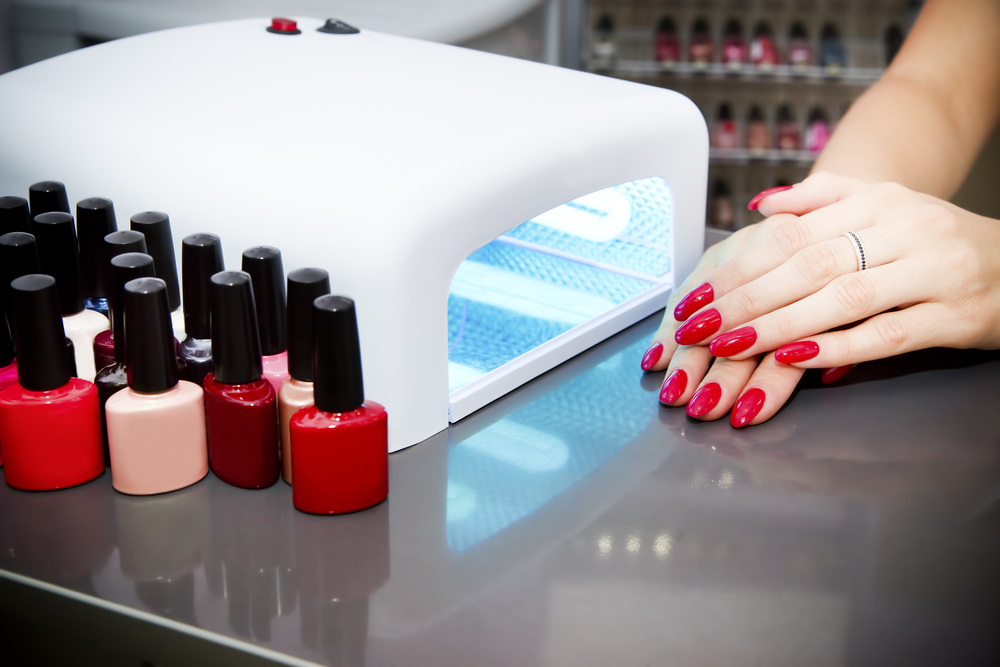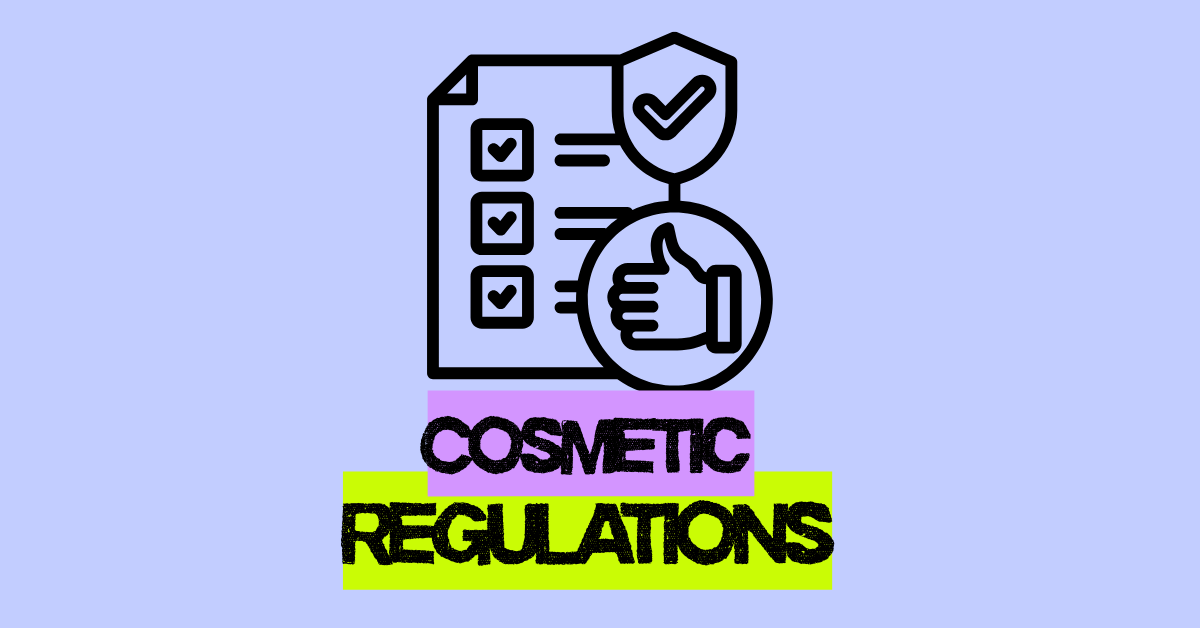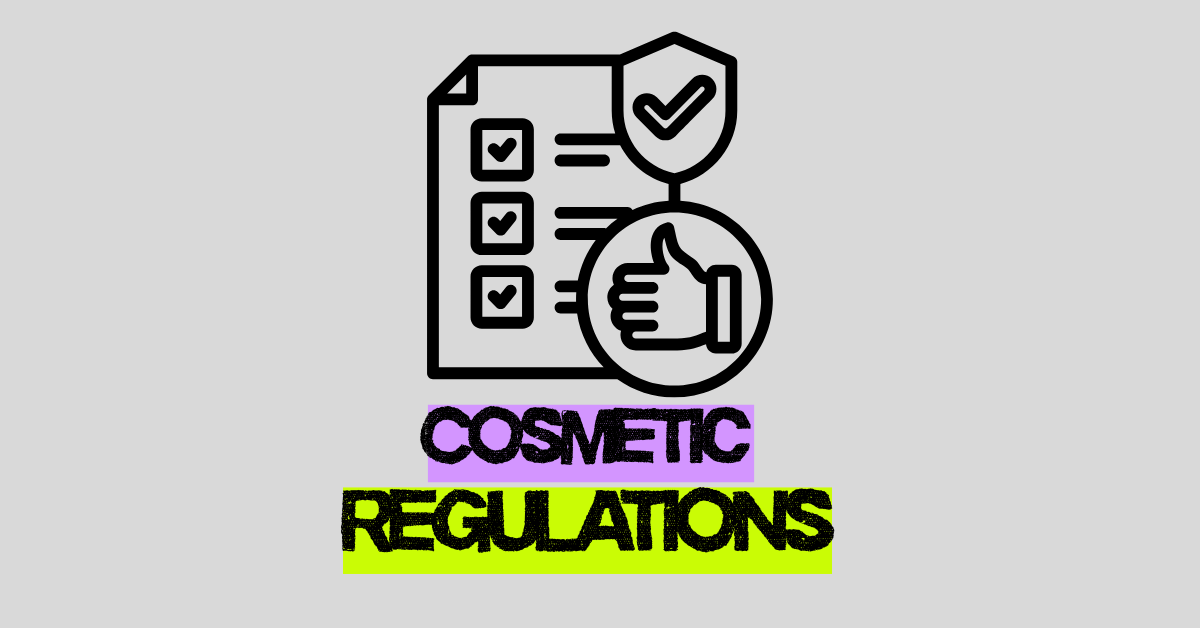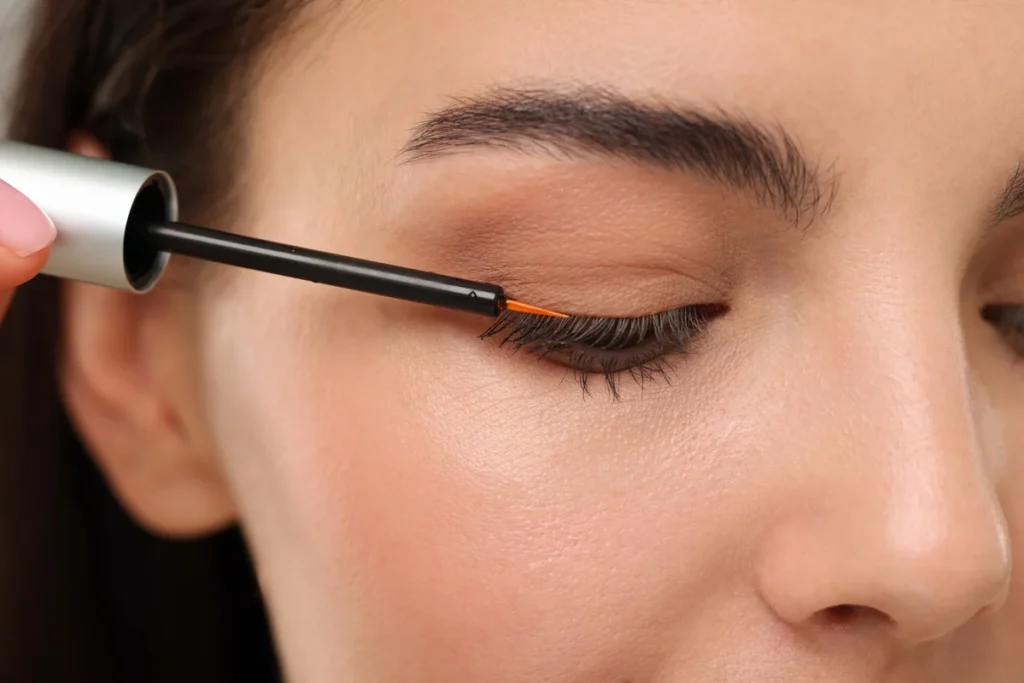
The European Union ban on TPO (Trimethylbenzoyl Diphenylphosphine Oxide) in nail products is making headlines and getting plenty of attention, especially from papers like the Daily Mail, who never miss a chance for a good scare story. Is it time for fans of well manicure nails to panic?
What is TPO and why is it banned?
TPO is a photoinitiator used in gel nail polishes. It helps the product set hard and stay glossy for longer when it’s cured under UV light. In September 2025, the EU made it official: TPO is banned from all cosmetic products, citing animal studies that suggested large doses could harm fertility in rats. No human studies showed the same risk, and typical use in nail products sees TPO locked in the cured gel, not floating around to be absorbed.






